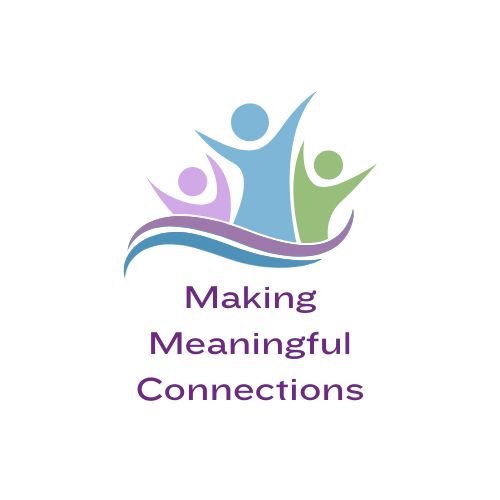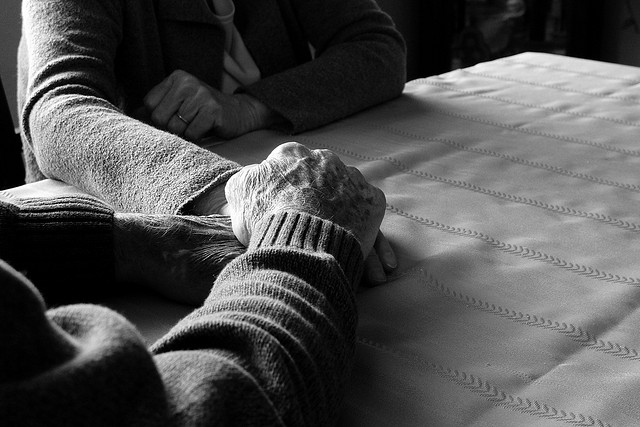When someone dies unexpectedly and they are suddenly ripped from your life, the pain is excruciatingly deep and the grieving, unbearable.
When someone dies that has had severe dementia or Alzheimer’s, the pain is still there, but the family members and loved ones have been grieving often for years as they watch the person they once knew fade away before their eyes.
As I watched my dad disappear from his own mind and his world (our world) I struggled for ways to reach him, to connect to the man I shared so many memories with.
I knew that as people age, their short-term memory weakens and the synapses in their brain don’t fire correctly. But while recent thoughts and memories are not within reach, the memories of long ago are, and thankfully, I found ways to pull Dad back – at least for a while.
It started with music. Singing the tunes I grew up with. Funny diddies, some of them written by my grandmother (his mother) that became family reunion requirements. Grandma at the piano, the rest of us linking arms and voices and laughter.
My parents had a favorite song – The Nearness of You. When I was growing up and my parents would fight, I would find the album with that song on it and put it on the record player so they would hear it and stop fighting. It always worked. They would reach for each other’s hand and I was happy.
My mom died three months before my dad, partly I believe from a broken heart watching the man she adored all her married life leave her mentally a little every day. The day before she left us, I took her to visit him in the Alzheimer’s section of their Assisted Living Facility. Their song, ironically was playing on the radio,
“Dad, it’s your song! Dad, your bride is here! Dad! Dad”! I kept imploring, trying to reach down and pull him back. I started singing along, close to his ear so I knew he would hear me. He did! He started nodding and mouthing the words as best he could and reached for Mom’s hand. He connected to a memory. To the sound of a memory.
I had a similar experience a couple years earlier with my Uncle, who also had Alzheimer’s. I was visiting him with my cousin at his Assisted Living Facility. I brought pictures of my mom, (his little sister) with me. He narrowed his eyes as if trying to figure out whom the picture was of, but didn’t know.
I had my phone with me and dialed my mom who was waiting for the call. I held the phone to his ear and mom started talking. His eyes widened and his mouth opened and a muffled sound came out then he pointed at the picture. He heard her voice and connected to a memory – to a voice – to family.
These experiences with my own family are what prompted me to want to help seniors and their families connect to their memories and to each other.
I wanted to find out if all the senses, not just hearing could stimulate memories and I chose to focus with seniors before they reached a stage where it was so tough and emotional for everyone involved. My program included active seniors, as well as some with early Alzheimer’s and dementia.
Most seniors as they age experience some short-term memory loss, but their longer-term memories are more intact. I believed that using the sensory response to a long-ago memory would create an “anchor” to remembered happiness, improving the quality of life experience in the present time.
My goal was to use the five senses in a workshop format to stimulate their memories and help them to connect to their families and to each other by discovering similar memories that they have in common.
What has happened each time I facilitate this program has give me as much joy as the seniors and their families experienced. I heard some of the most touching stories including one from a woman in her 80’s who recounted her favorite memory of touch — “the first time my husband’s lips pressed against mine” — and the smiles went around the room, followed by stories of hand-holding and hugs and snuggling in bed. Or the elderly man in a wheelchair, hunched over, his voice shaking sharing his favorite sight was of the beach because it was where he dropped to one knee and proposed to his gal. His wife has since passed, but his son sitting next to him was deeply moved.
Aging isn’t always graceful and for some it brings fear. But sharing happy memories with others and making meaningful connections in the process can bring joy and happiness to a family struggling with the disease. For seniors no longer living in their own homes, discovering common experiences can make connecting with other seniors easier and can help create new friendships.
The Nearness of You was written by Ned Jones and Hoagy Carmichael for the movie Romance in the Dark and was first performed by Hoagy Carmichael in 1937. Some may be familiar with the Norah Jones version.
It’s not the pale moon that excites me
That thrills and delights me, oh no
It’s just the nearness of you
It isn’t your sweet conversation
That brings this sensation, oh no
It’s just the nearness of you
When you’re in my arms and I feel you so close to me
All my wildest dreams come true
I need no soft lights to enchant me
If you’ll only grant me the right
To hold you ever so tight
And to feel in the night the nearness of you
You can watch Norah perform it here.
Originally appeared on GoodMenProject.com
Flickr: jbstafford

